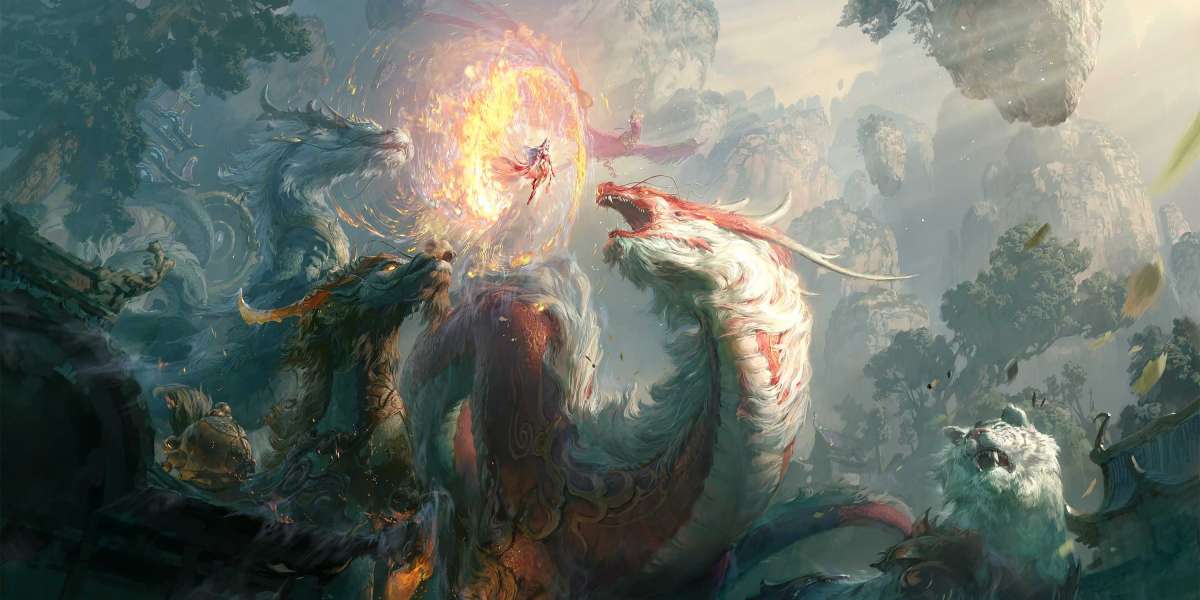Introduction: The year 2016 witnessed one of the most intense and controversial political battles in recent history - the United States Presidential Election. As November approached, tension between the two major candidates, Democrat Hillary Clinton and Republican Donald Trump, had reached its peak. This event not only captivated the nation but also had a profound impact on global politics and the future of the United States.
In the months leading up to the election, both candidates embarked on arduous campaigns, traveling across the country to garner support and share their visions for America. Clinton, the first female presidential nominee of a major party, promised a continuation of President Obama's policies, focusing on economic growth, healthcare reform, and progressive social policies. On the other hand, Trump, a prominent businessman and TV personality, advocated for change, pledging to prioritize job creation, immigration reform, and protectionist trade policies.
The election night of November 8, 2016, was filled with anticipation and suspense as millions of Americans gathered around their television screens to witness history unfold. As the results trickled in from different states, it became evident that the election was turning out to be much closer than expected. Swing states like Florida, Ohio, and Pennsylvania played a critical role in determining the outcome, intensifying the drama of the night.
Ultimately, to the surprise of many, Donald Trump emerged victorious, winning the Electoral College with 304 votes to Clinton's 227. Although Clinton won the popular vote by nearly 3 million votes, the US electoral system ensured Trump's ascension to the presidency. This outcome sparked nationwide protests and debates about the effectiveness of the Electoral College and further deepened the political divide within the country.
The 2016 US Presidential Election marked a significant turning point in history, characterized by a deeply divided electorate and a widespread sense of uncertainty. The aftermath of this event continues to shape American politics and society, influencing policy decisions, international relations, and the strength of democratic institutions.








